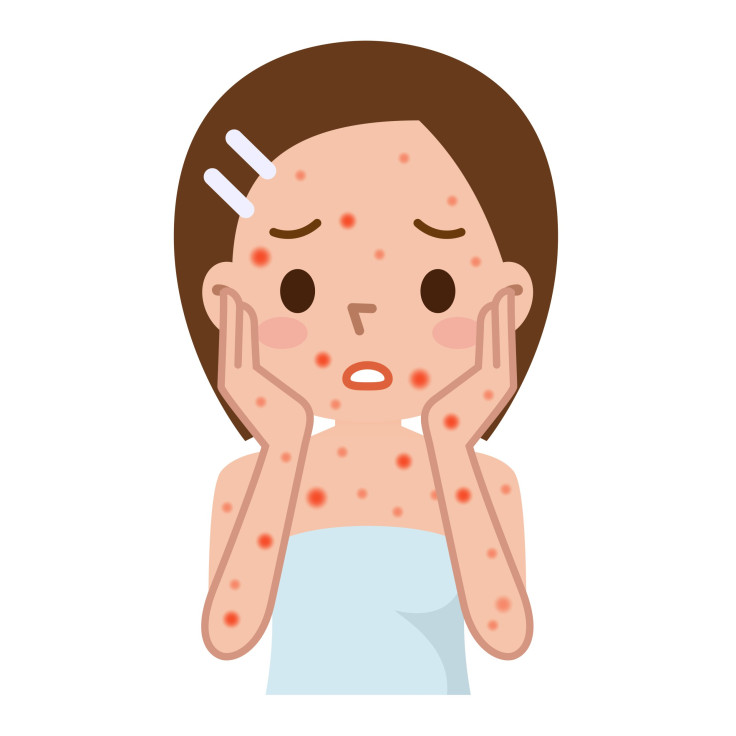How Can We Convince Anti-Vaxxers Kids Need To Get Vaccinated? Show Them Why It's Important

Trying to debunk the various myths about vaccination (e.g., that they cause autism) held by a small but prevalent part of the population has largely proved to be an exercise in futility.
Instead, a new study in Proceedings of the National Academy of Sciences concludes, public health communicators and health care professionals should fight fire with fire. It found that the best way to create a positive attitude change towards vaccination was to play up the dangers of diseases normally prevented by them. In other words, to engage in fear-mongering, but accurately.
“Rather than attempting to dispel myths about the dangers of vaccinations, we recommend that the very real dangers posed by serious diseases, like measles, mumps, and rubella, be emphasized,” the authors concluded. “This approach would allow media reports and health professionals to improve vaccine attitudes by communicating accurate information about disease risks without repeating inaccurate information that may further fuel antivaccination attitudes.”
The authors came to their conclusion after persuading 315 study participants, out of the original pool of 811, to read a series of educational vignettes, after which their attitude towards vaccination was measured and compared to the scores obtained beforehand.
One-third of the group read information debunking the vaccine-autism connection; another read information about some unrelated scientific topic; and the last was given the real testimonial of a mother whose child had contracted measles, several photos depicting children with mumps, rubella, and measles; and if that wasn’t guilt-inducing enough, a number of warnings about the importance of vaccinating your child.
“We found that the disease risk intervention yielded a positive shift in participants’ attitudes toward vaccines, even among those participants who were initially most skeptical,” they wrote. “Moreover, this intervention was significantly more effective than corrective information aimed at dispelling myths about vaccines and autism.”
The authors theorize that their approach worked better because it didn’t cause skeptics to become defensive about their current beliefs, seemingly motivated by existing information. Instead, it provided them new facts to chew on, with which they could come to their own conclusions about. And in the case of current or potential parents, it forced them to think about what’s best for their children.
"People who fear vaccines ultimately do care about the safety of their children, so our manipulation focuses on the safety of their children," said lead author Zachary Horne, a graduate student working on his second PhD in psychology at the University of Illinois, in a statement. "So there's not just one calculation in your decision whether to get a vaccination, but now there are two."
Though it remains to be seen whether this approach can convince ardent skeptics to actually vaccinate their kids, it’s certainly a right step forward.
“[E]ven a temporary improvement in parents’ vaccination attitudes could increase vaccination rates if such interventions were incorporated into doctor–parent interactions,” the authors wrote. “...Failure to overcome this skepticism places the lives of thousands of children at risk.”
Source: Horne Z, Powell D, Hummel J, et al. Countering antivaccination attitudes. PNAS. 2015
Published by Medicaldaily.com



























